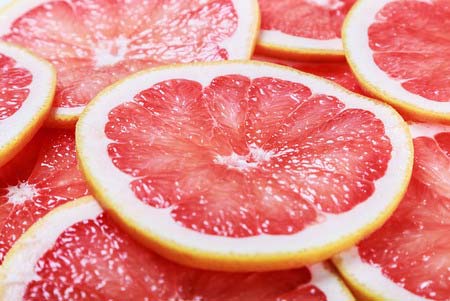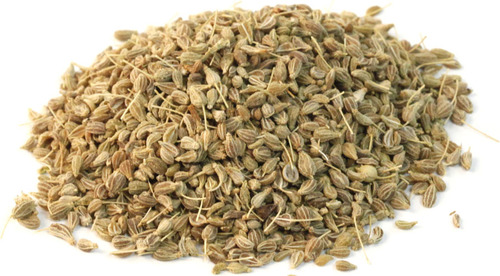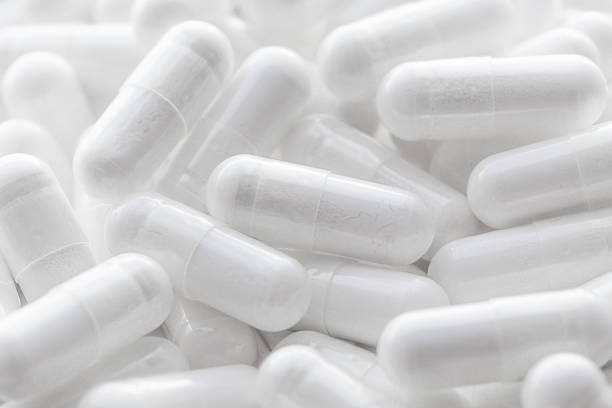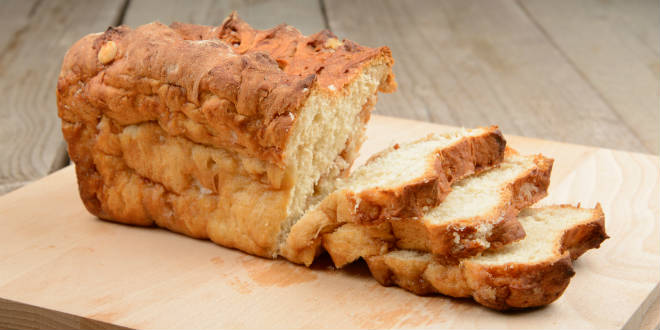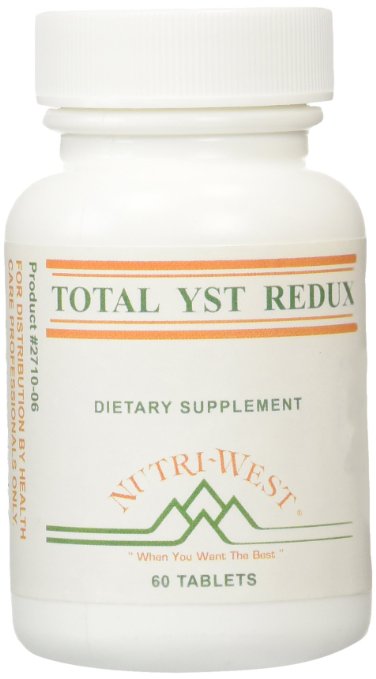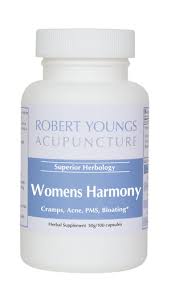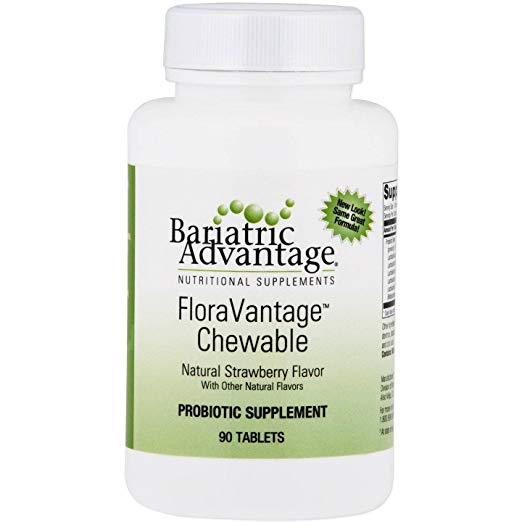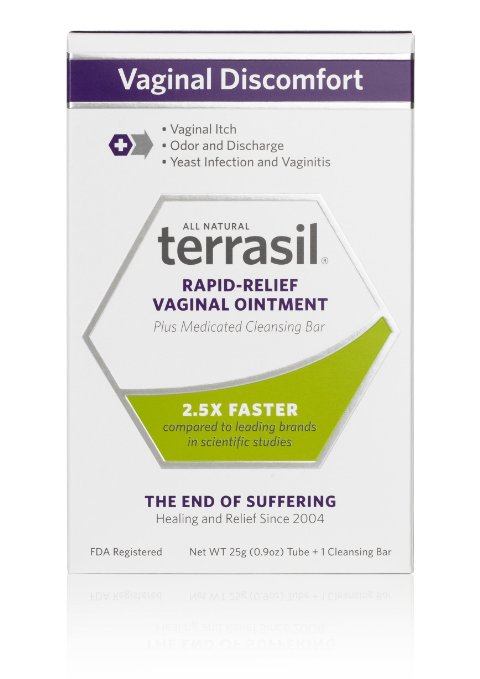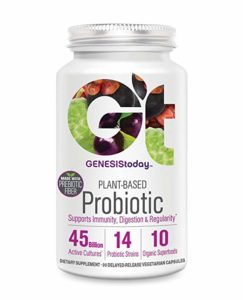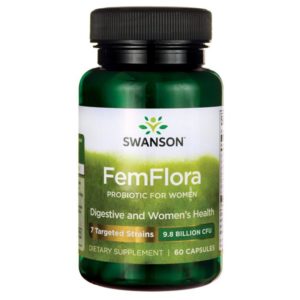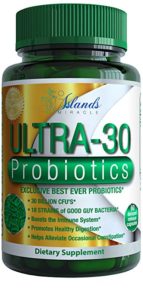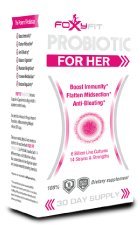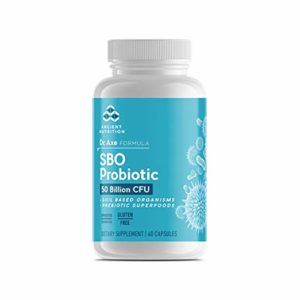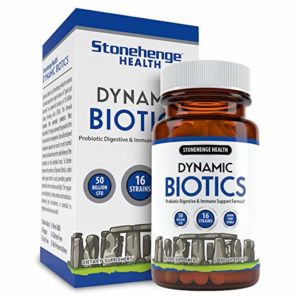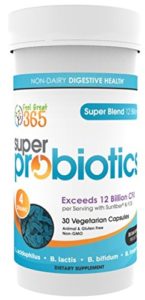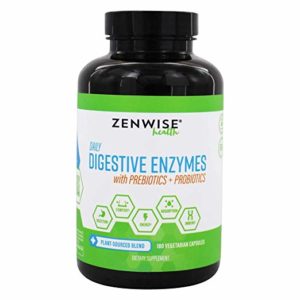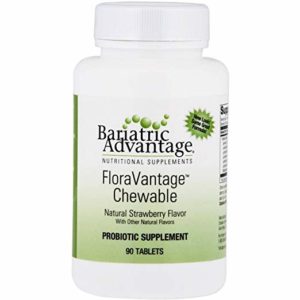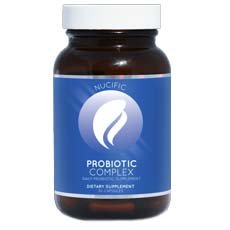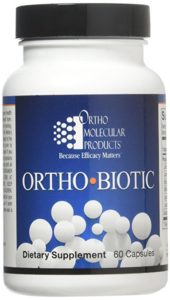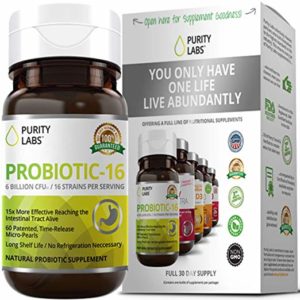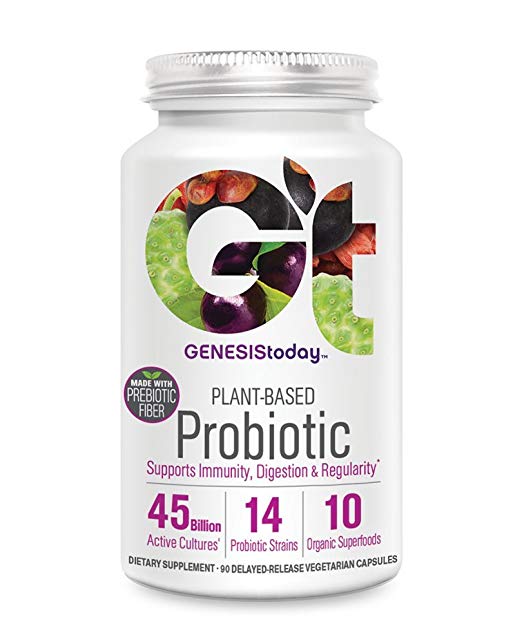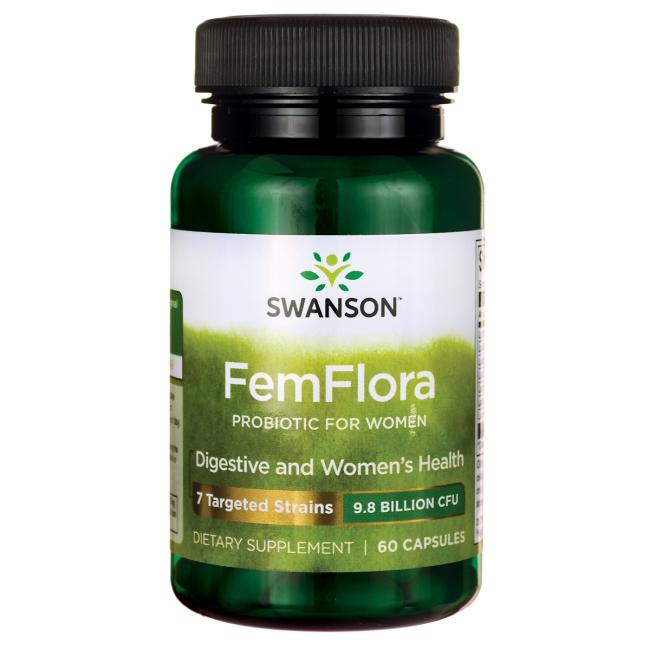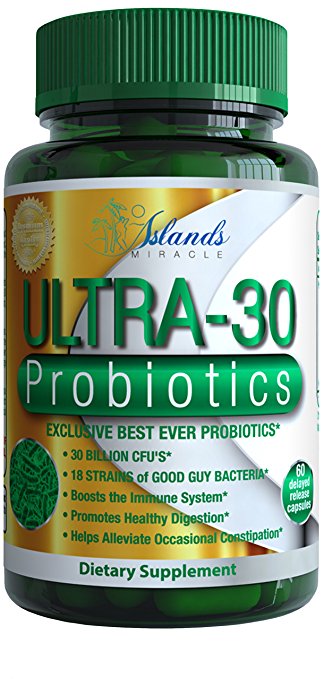
Feminine Issues?

The only All-Natural Product for:
- Feminine Issues
- Vaginal Odor
- Vaginal Itching
- Vaginal Discharge
Start Seeing A Difference Within a Few Days of Taking it!
WHAT'S THE PROOF?
Out of the tens of thousands of women that have tried Balance Complex, over 700 have been so impressed by the results, that they have voiced their results in the form of reviews for the product on Amazon, the world most TRUSTED online marketplace.
Below are just a few of the reviews of Balance Complex on Amazon:

"I have been looking for a probiotic to help with my feminine issues and this has done the trick!I have already recommended to other friends!" *

"I loved it. Just knowing that I was taking care of any problems that might occur that we as females go through gave me a piece of mind." *

"I was surprised it worked as fast as it did. Very Effective & Natural. I take one at night and one in the afternoon. And I feel so much better." *
Every order of Balance Complex on Amazon is backed by Amazon’s 100% money back satisfaction guarantee.
Try it for up to 90 days and if you aren't thrilled with the results, just notify Amazon and they will give you a full refund.

Ginger
The use of natural herbs and plants in the kitchen and health has long been known. Many natural herbs which serve as important food ingredients also serve as medicinal commodities. One of those herbs is Ginger itself. Ginger, scientifically named as Gingiber officinale, is a herb whose rhizome is used essentially as a kitchen ingredient and also as a medicine. Originating from southern China, it was spread eventually to the Spice Islands. After that it reached other parts of Asia and finally to West Africa and The Caribbean. Ginger got to Europe through India as a result of a spice trading tradition. India is at present probably the largest producer of Ginger.
How should you take Ginger for Candida?
Recently researches have started to investigate the potency of ginger as an antifungal; in fact many researchers have established proof that ginger has a potent antifungal role. Ginger seems to have several ingredients which serve as antifungals. Most important of these ingredients are shagelol and gingerol which act as active antifungals. Ginger also boosts the immune system adding to the overall protection against all microbes. To back this claim up with some proof, let us look at two researches.
Recently an in vitro experiment was successfully conducted and was published in Journal of Dental Sciences and Research. In this experiment, colonies of Candida albicans were cultured in the laboratory, and were injected with increasing quantities (1g, 2g and 4g) of ginger extracts treated with ethanol and their effect on the colonies as studied over a period of 24 to 48 hours. Simple ethanol injection into the colonies was used as a control. After 24 hours it was observed that all the solutions containing ginger had a maximum inhibitory effect on the Candida colonies. Also their effect was more potent than ethanol injected alone.
How does Ginger for Candida work?
Traditional uses for ginger include motion sickness, nausea during pregnancy, chronic inflammation and a low immune system. However, in recent years researchers have begun to investigate the use of ginger extract as an antifungal. In fact, several research studies have looked specifically at ginger’s effect on Candida Albicans.
A study published in the Journal of Dental Sciences and Research attests to the potential benefits of ginger as an antifungal. The study was performed in vitro and used colonies of Candida albicans cultured in a laboratory. Several cultures were placed and inoculated on sterile filter plates and incubated at 37 degrees Celsius for 48 hours. The test was performed in order to see if three different concentrations of ginger powder (1g, 2g and 4g) dissolved in 99.9% pure ethanol had any impact on the fungal colonies. The same 99.9% ethanol solution without ginger powder was used as a control.
The effects of all the solutions were verified after 24 and 48 hours. All the solutions demonstrated the maximum inhibitory effect at the 24-hour mark. It was also evident that all three different concentrations of ginger powder had a more significant effect on the cultures than ethanol alone. The 4g (highest) concentration performed the best, as you would expect.
Review Overview
5.1 OVERALL SCORE
Feminine Issues?

The only All-Natural Product for:
- Feminine Issues
- Vaginal Odor
- Vaginal Itching
- Vaginal Discharge
Start Seeing A Difference Within a Few Days of Taking it!
WHAT'S THE PROOF?
Out of the tens of thousands of women that have tried Balance Complex, over 700 have been so impressed by the results, that they have voiced their results in the form of reviews for the product on Amazon, the world most TRUSTED online marketplace.
Below are just a few of the reviews of Balance Complex on Amazon:

"I have been looking for a probiotic to help with my feminine issues and this has done the trick!I have already recommended to other friends!" *

"I loved it. Just knowing that I was taking care of any problems that might occur that we as females go through gave me a piece of mind." *

"I was surprised it worked as fast as it did. Very Effective & Natural. I take one at night and one in the afternoon. And I feel so much better." *
Every order of Balance Complex on Amazon is backed by Amazon’s 100% money back satisfaction guarantee.
Try it for up to 90 days and if you aren't thrilled with the results, just notify Amazon and they will give you a full refund.
Recent Tests
Categories
- General Health
- Feminine Guides
- Ingredient Guides
- Product Reviews
- Bacterial Vaginosis Products
- Candida Products
- Menopause Products
- UTI Products
- Yeast Infection Products
About Us

FeminineHealthReviews is dedicated in bringing you the top unbiased editorial reviews and ratings for natural products and supplements, along with specs, user reviews, supplement facts and more.
These statements have not been evaluated by the Food and Drug Administration. This product is not intended to diagnose, treat, cure or prevent any disease.
*Results may vary. If you are pregnant, nursing, have a serious medical condition, or have a history of heart conditions we suggest consulting with a physician before using any supplement. The information contained in this website is provided for general informational purposes only. It is not intended to diagnose, treat*, cure, or prevent any disease and should not be relied upon as medical advice. Always consult your doctor before using any supplements. Disclosure of Material Connection: Some of the links in the post above are "associate sales links." This means if you click on the link and purchase an item, we will receive a commission. Regardless, we only recommend products or services which we use personally and/or believe will add value to our readers. We are disclosing this in accordance with the Federal Trade Commission’s 16 CFR, Part 255: "Guides Concerning the Use of Endorsements and Testimonials." Disclaimer: © 2025 All Rights Reserved. The information provided on this site is intended for your general knowledge only and is not a substitute for professional medical advice or treatment for specific medical conditions. You should not use this information to diagnose or treat* a health problem or disease without consulting with a qualified healthcare provider. Please consult your healthcare provider with any questions or concerns you may have regarding your condition.Your use of this website indicates your agreement to this websites published terms of use and all site policies. All trademarks, registered trademarks and service-marks mentioned on this site are the property of their respective owners.





